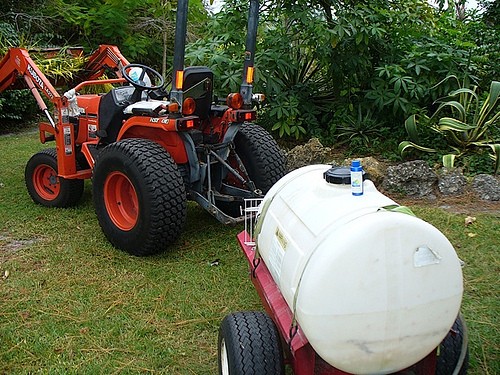Clean Or Green Technology Investing Yahoo She Philippines
Post on: 25 Апрель, 2015 No Comment

Cleantech, or clean technology, investing seeks sustainable investments in environmentally friendly companies that work to improve their operations, performance, productivity and efficiency, while lowering their costs, energy consumption, inputs, waste or pollution. Clean technologies can lower a companys environmental impact and may provide improvements in resource efficiency and productivity. When a company operates with less energy and materials, or produces less waste, the result can create more economic value for the company and its shareholders.
Cleantech is currently clustered in six industry sectors: energy, water and waste water, advanced materials, energy efficiency and manufacturing, transportation and agriculture. The largest of these sectors is energy and can range from biodiesel, clean coal and fuel cells, to wind and solar energy.
Wind
Wind power is the conversion of wind energy into more useful forms, usually electricity. Global wind power generation more than quadrupled between 2000 and 2006, but is still a small part of total energy use. Wind energy is a renewable and clean source of energy, but this energy source can be intermittent because the wind is notoriously inconsistent. Wind energy is, therefore, unlikely to grow to be more than a supplemental source of energy and, although wind power is expected to grow quickly, solar power remains the more attractive investment because of its high growth rate, better profit margins and wide range of investment options.
Biofuels
Biofuels are derived from biomass, recently living organisms or their metabolic byproducts, such as manure, corn, soybeans, sugar cane or palm oil. This is a renewable source of energy and is a form of stored solar energy. Plant matter used as a fuel can be constantly replaced by replanting, and a reasonably stable level of atmospheric carbon can result from plant matter used as a fuel. However, biomass use can still contribute to global warming — this happens when the natural carbon equilibrium is disturbed, such as in deforestation.
The drawback to relying on biofuels, however, is that it puts pressure on grain costs and water supplies, which can dramatically increase the cost of raising livestock. This means that alternate feed stocks, such as switchgrass and algae, must be found..
Geothermal
Geothermal is another energy source that is viewed as sustainable because it is provided by the vast heat of the earth, only a very small fraction of which may be enough to meet the worlds energy needs. This source of energy will require technical innovation before it can be widely used.
There is also a central issue that may be the force that drives the technology in one direction or the other: centralized versus decentralized energy generation. Centralized energy generation, such as with gas or coal and nuclear-fired power plants, is subject to detailed and slow-changing regulations. These technologies are very capital intensive, with long lead times necessary to build capacity. Centralized energy plants also tend to have powerful political bases from which to block competitive energy sources.
Distributed power generation, such as solar or wind power, tends to react to changing market conditions and new innovations much more quickly. In general, decentralized power sources require less capital and their fragmented nature make them less likely to have a concentrated political foundation.
Water
The cleantech water industry is focused in several areas, especially waste water treatment and general filtration. The worlds water consumption continues to grow as it is used in modern agriculture and industry. Because water is an essential resource and the planets natural supply of water is virtually static, it is likely that there will be room for growth in this industry for many years to come.
What is likely to change is the fragmentation of the water industry. This industry has often been compared to the oil industry 100 years ago, which was fragmented and eventually consolidated. The water industry may also consolidate, which could have an impact on investment decisions in this area. As the industry becomes more concentrated, it is likely to seek ways to use waste water plants more efficiently, use chemicals better and use less power.
Other Avenues for Cleantech
Advanced Materials
Advanced materials can yield products that are less toxic, less expensive and more efficient than existing materials. These materials can make products lighter, stronger and cheaper, and can benefit both the environment and a companys bottom line.
Energy Efficiency/Manufacturing
The best way to make energy is to not use it in the first place. Many green products require fewer natural resources, either in manufacturing or during their life span. This means these products will cost less either up front or over the total time period of their use. Examples include fluorescent light bulbs and improved packaging that reduces waste. These products dont have to be high tech, but the more economic sense they make for consumers, the more likely they are to be adopted.














